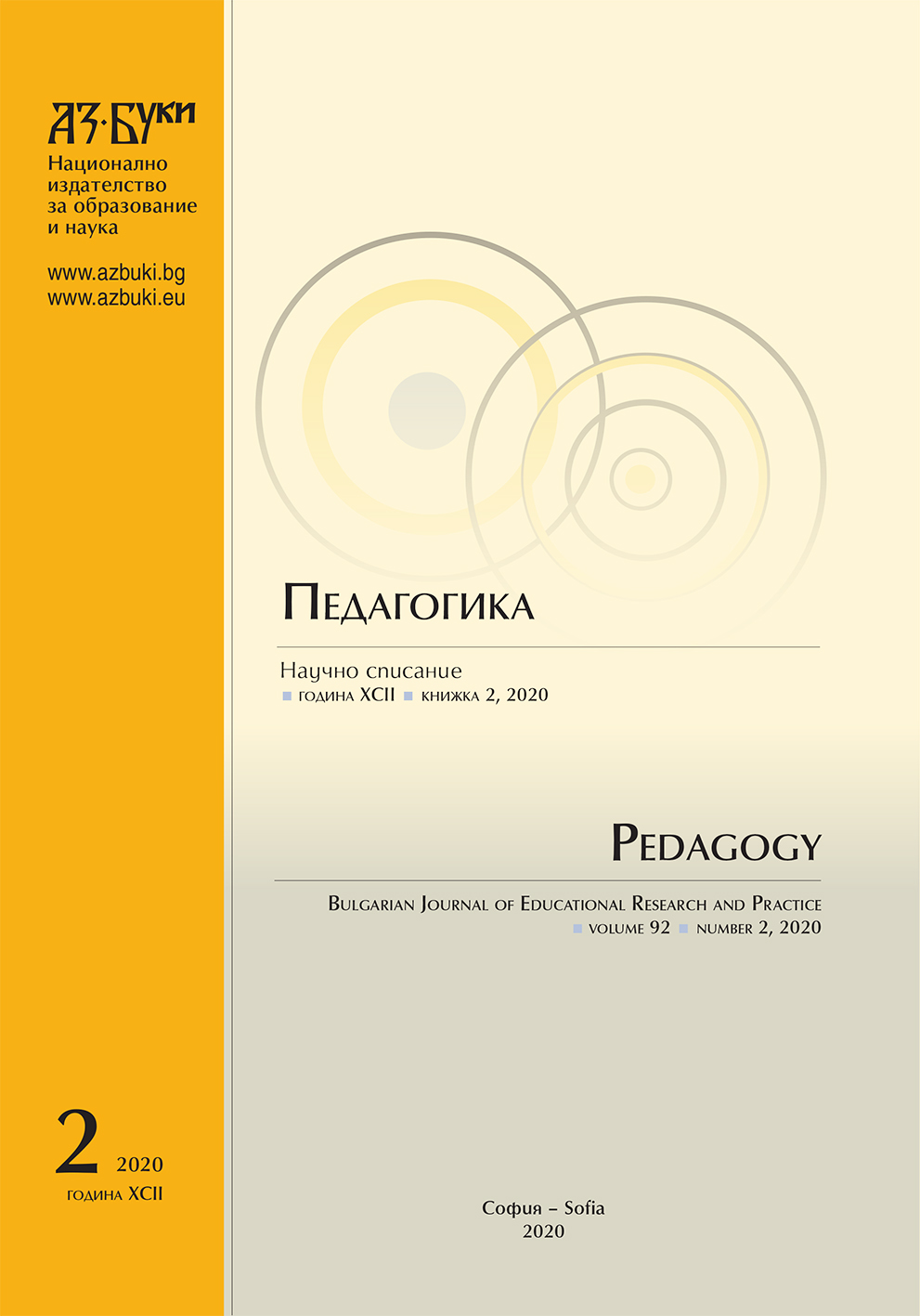Language Strategies to Decrease Aggressive Behaviour of At-Risk Children Deprived of Parental Care
Language Strategies to Decrease Aggressive Behaviour of At-Risk Children Deprived of Parental Care
Author(s): Katerina Zlatkova-DonchevaSubject(s): Social Sciences, Education, Sociology, School education, Vocational Education, Adult Education, Higher Education , State/Government and Education, Social development, Social differentiation, Family and social welfare, Social Informatics, Social Norms / Social Control, Inclusive Education / Inclusion, Identity of Collectives
Published by: Национално издателство за образование и наука „Аз-буки“
Keywords: at-risk children; aggression; children deprived of parental care; language; paralinguistic signs; lexical content
Summary/Abstract: Current study research language impact on aggressive behaviour of at-risk children deprived of parental care. Bulgarian children without parents (n=40) comprehend intervention influenced by four interaction strategies: normal voice and positive language; high tone and positive language; normal tone and negative language, and high tone and negative language. Surveillance has been conducted for data collection accomplished by independent observer in a standardized checklist using the Buss-Durky classification of aggression. Results of current study demonstrate that the use of negative language would increase aggressive expressions of children to a greater extent when the tone is normal while raising the tone would enhance destructive behavior even more among aggressive children and children with emotional disorders
Journal: Педагогика
- Issue Year: 92/2020
- Issue No: 2
- Page Range: 242-253
- Page Count: 12
- Language: English
- Content File-PDF

